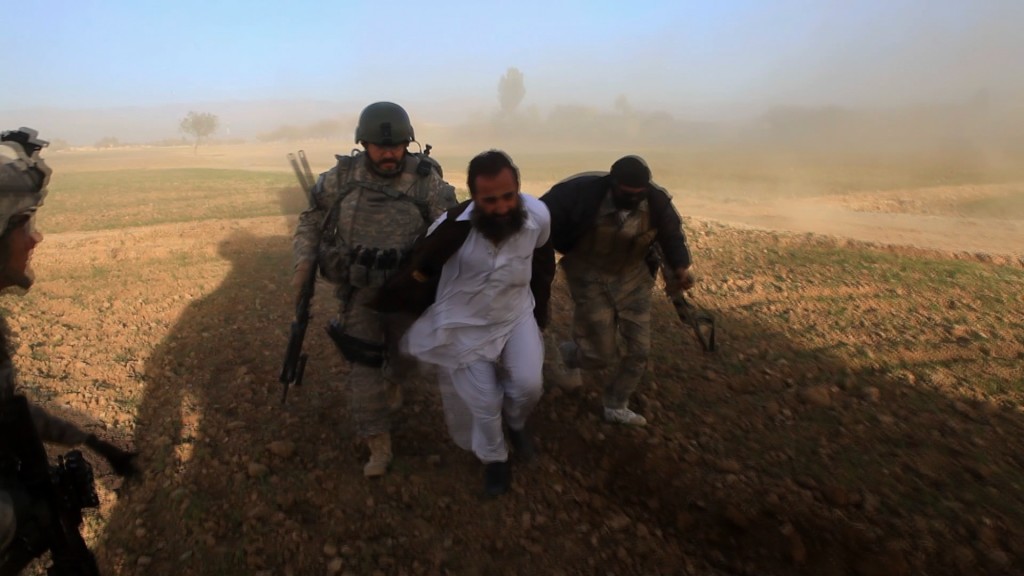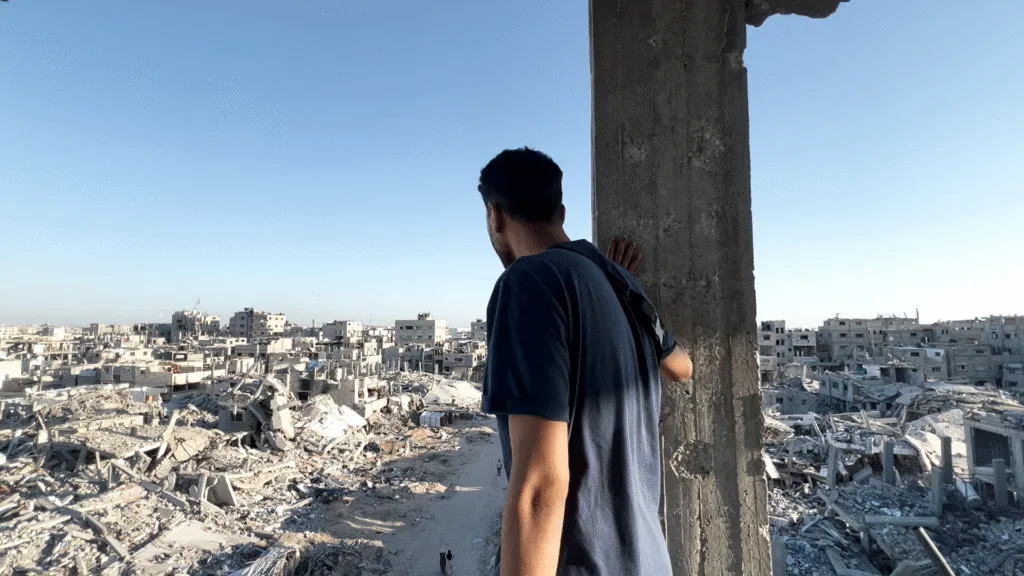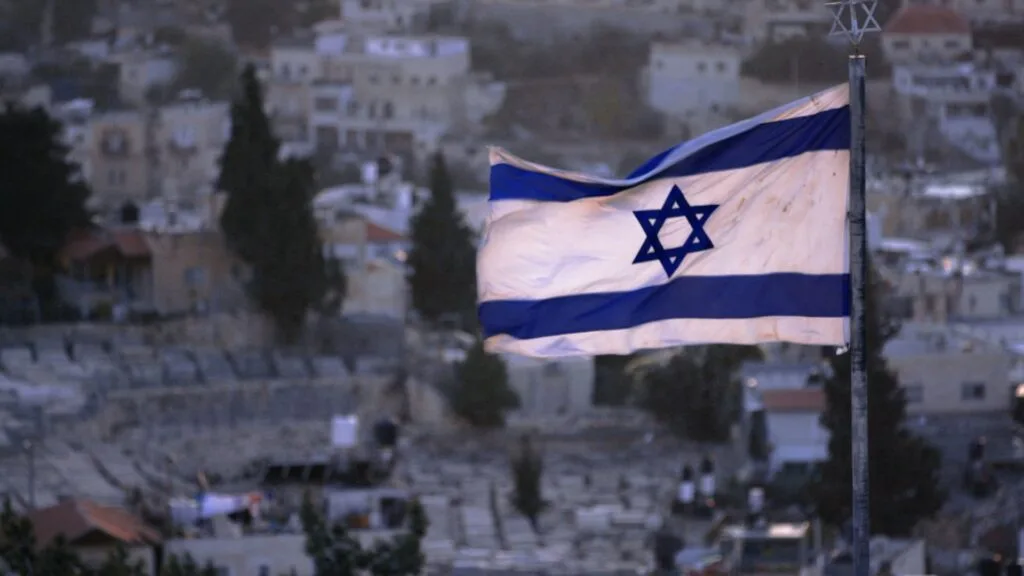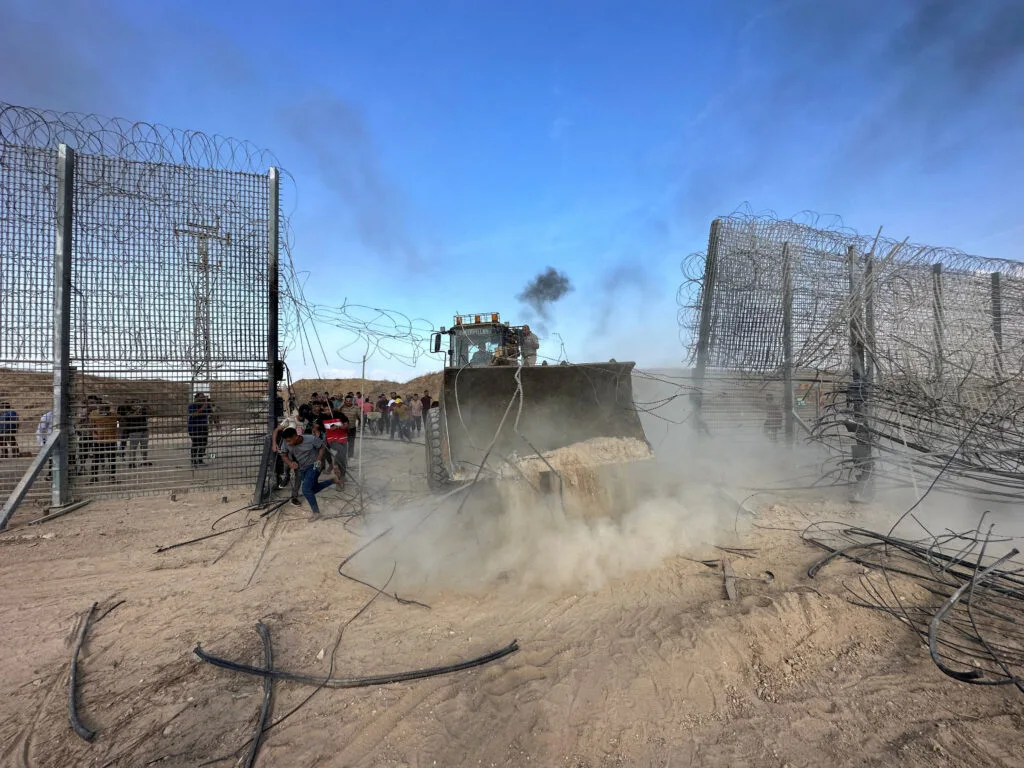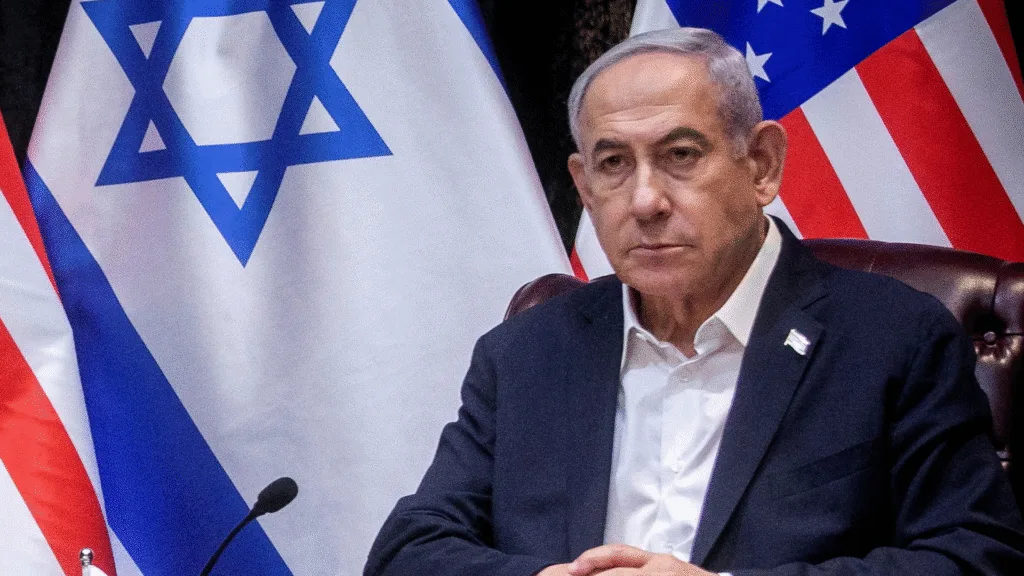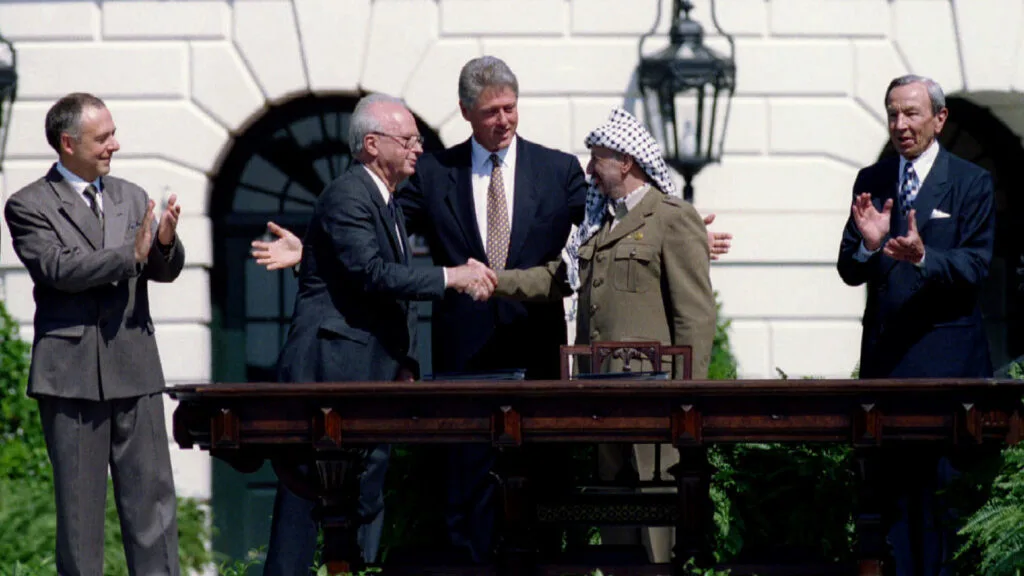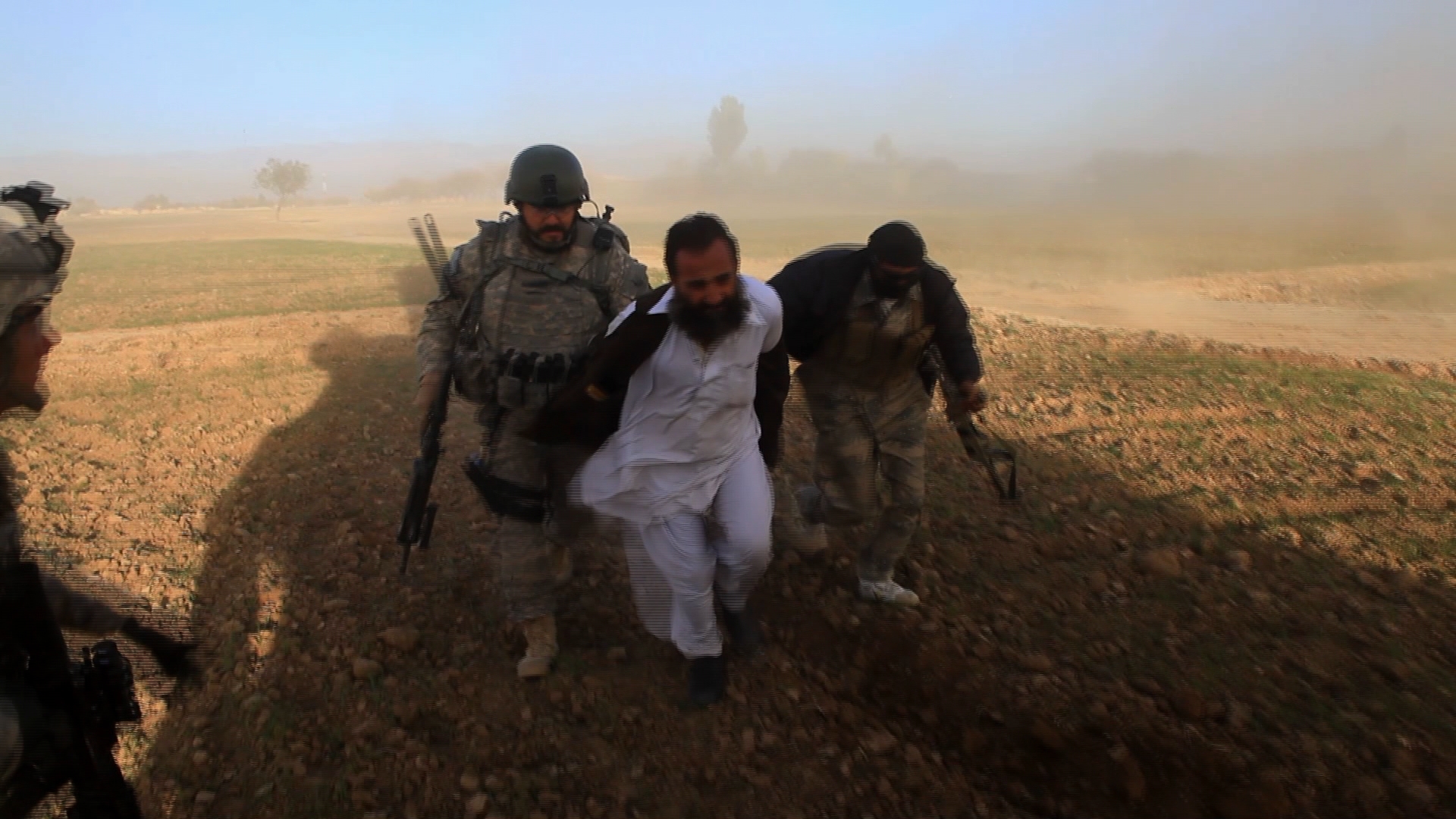Report: Current Pace of Night Raids in Afghanistan “Not Sustainable”
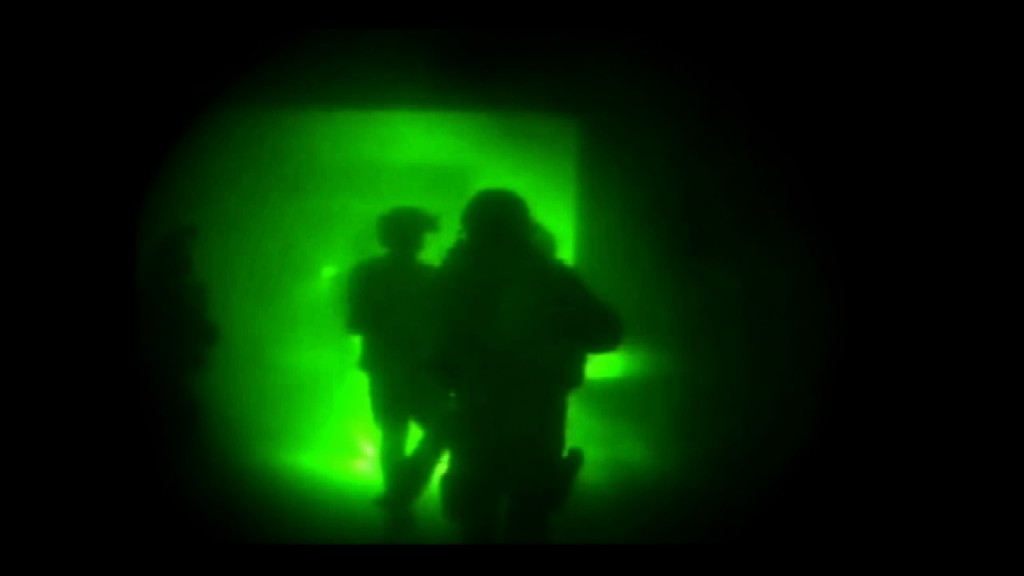
September 19, 2011
Share
U.S.-led night raids in Afghanistan may be becoming more precise, but that doesn’t seem to be making them any less controversial, according to a new report (PDF) released today by the Open Society Foundations.
The report says that better intelligence has led to a reduction in raids that mistakenly targeted civilians, but it also asserts that a surge in the number and scope of targets — one senior military adviser told researchers that as many as 40 raids can take place across Afghanistan on any given night — has “put many more civilians at risk than past intelligence flaws ever did.”
In recent years, botched raids and harrowing accounts from Afghan citizens have sparked protests and raised serious questions about whether the raids are alienating the local population in ways that fuel the insurgency.
The report identifies “significant improvements” resulting from revised guidelines issued by ISAF in order to address Afghan grievances, including:
- · A reduced risk of civilian casualties
- · Greater accuracy in selecting targets
- · A reduction in property damage
- · The increased use of Afghan National Security Forces (ANSF)
- · More respectful treatment of women
But the report also says these reforms “have done little to alter Afghan opposition to night raids,” and that given extreme opposition from both the Afghan government and public, “the current pace of night raids is not sustainable.”
U.S. officials maintain that the recent spike has been critical to disrupting insurgents’ networks and operative capacity. Former Afghan intelligence chief Amrullah Saleh says he encouraged their increased use and told FRONTLINE, “These special operations are the most useful way of hurting the enemy.” U.S. Army Lt. Gen. David Rodriguez told FRONTLINE that night raids are assessed very carefully to “ensure that the cost-benefit is worth the pain and agony of the Afghan people.” He added, “The payoff has been worth it in many cases.”
Because the night raids are conducted outside the NATO chain of command, the detention process is less open to public scrutiny. The report cautions that “the lack of transparency or accountability mechanisms have reinforced Afghan perceptions that international military use night raids to kill, harass, and intimidate civilians with impunity.”
Related Documentaries
Latest Documentaries
Related Stories
Related Stories
Explore
Policies
Teacher Center
Funding for FRONTLINE is provided through the support of PBS viewers and by the Corporation for Public Broadcasting, with major support from Ford Foundation. Additional funding is provided the Abrams Foundation, Park Foundation, John D. and Catherine T. MacArthur Foundation, Heising-Simons Foundation, and the FRONTLINE Trust, with major support from Jon and Jo Ann Hagler on behalf of the Jon L. Hagler Foundation, and additional support from Koo and Patricia Yuen. FRONTLINE is a registered trademark of WGBH Educational Foundation. Web Site Copyright ©1995-2025 WGBH Educational Foundation. PBS is a 501(c)(3) not-for-profit organization.
